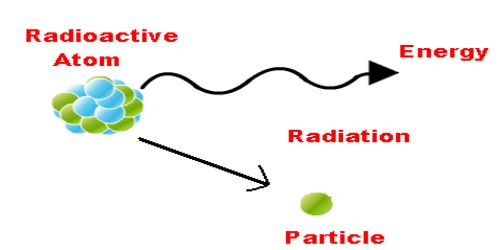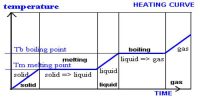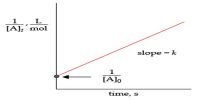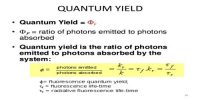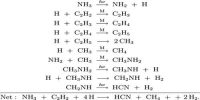Radiation Chemistry
Chemical reactions brought about by the action of α, β, γ and X-rays, by rapidly moving electrons and by high voltage discharges are included in Radiation Chemistry. It is a subdivision of nuclear chemistry which is the study of the chemical effects of radiation on matter; this is very different from radiochemistry as no radioactivity needs to be present in the material which is being chemically changed by the radiation.
Radiation chemistry is a subdivision of nuclear chemistry which is the study of the chemical effects of radiation on matter; this is very different from radiochemistry as no radioactivity needs to be present in the material which is being chemically changed by the radiation. An example is the conversion of water into hydrogen gas and hydrogen peroxide. As the energies of such radiation are very large the absorption of these radiations is accompanied by ejection of electron from the Atoms of absorbing materials. This will cause ionization. The secondary electrons thus released have high kinetic energy and may cause excitation, dissociation at further ionization. The processes are complicated.
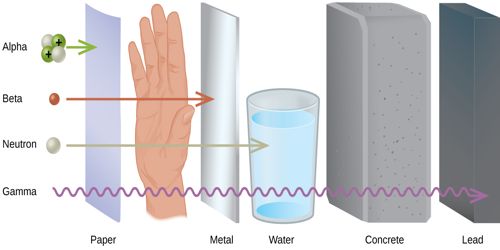
The present progress of radiation chemistry is intimately associated to a number of areas in science and technology, including atomic physics, atomic power engineering, and space research. Work is also being done on the function of radiation chemistry to the problems of biology and medicine.
